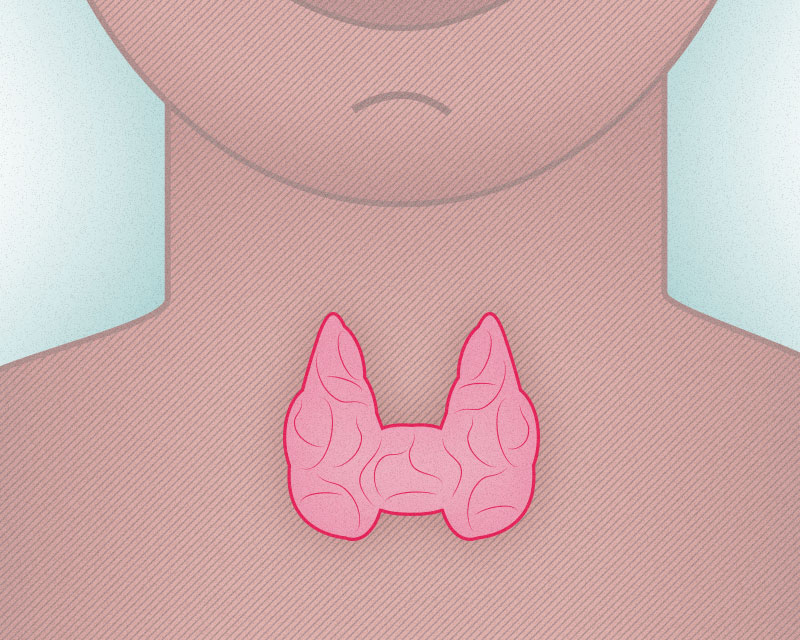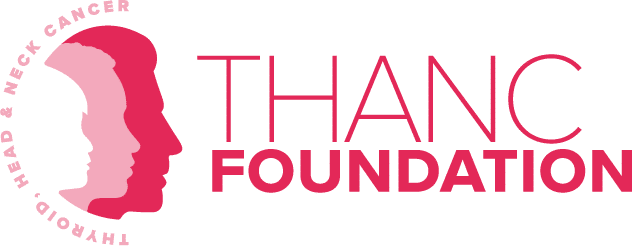What is the Thyroid?

The thyroid is a small gland located in the base of the neck. It is shaped like a butterfly and produces thyroid hormones. Thyroid hormones are very important because they influence how all other bodily cells, tissues and organs function. For instance, your heart, brain, liver and kidney all depend on the correct amount of thyroid hormone to do their jobs properly.
Thyroid dysfunction occurs when the thyroid produces either too much or too little thyroid hormone. This is a problem because it disrupts so many other functions in your body. If your thyroid is making too much hormone, the condition is called hyperthyroidism . Or, if it is producing too little hormone, you have hypothyroidism. Also, the thyroid can develop lumps called nodules. They’re usually not cancerous, but in some cases may be.
Thyroid Cancer
With about 60,000 new cases diagnosed every year in the United States, thyroid cancer has become more and more prevalent in the past few years and is now the most common endocrine malignancy. There are four types of thyroid cancer (papillary, follicular, medullary and anaplastic) each with their own incidence rate and prognosis. Papillary and follicular thyroid cancers are considered differentiated thyroid cancer (DTC). DTC is a common malignancy that comprises the majority (85–95%) of these cases. Although surgery is a widely accepted method of treatment for DTC, the extent of surgical management is still debated in many cases.
What is a Thyroid Screening?
A thyroid screening is a non-invasive procedure. First, your medical care provider may palpate (or feel) the neck for unusual lumps. If they find something unusual, they may administer or recommend an ultrasound examination. Following the ultrasound, if they find anything concerning, they may refer you for follow-up care. Consider talking to you doctor about having your thyroid screened if you have a known family history of thyroid cancer, exposure to radiation, or if you are a woman between the ages of 20 and 55.


